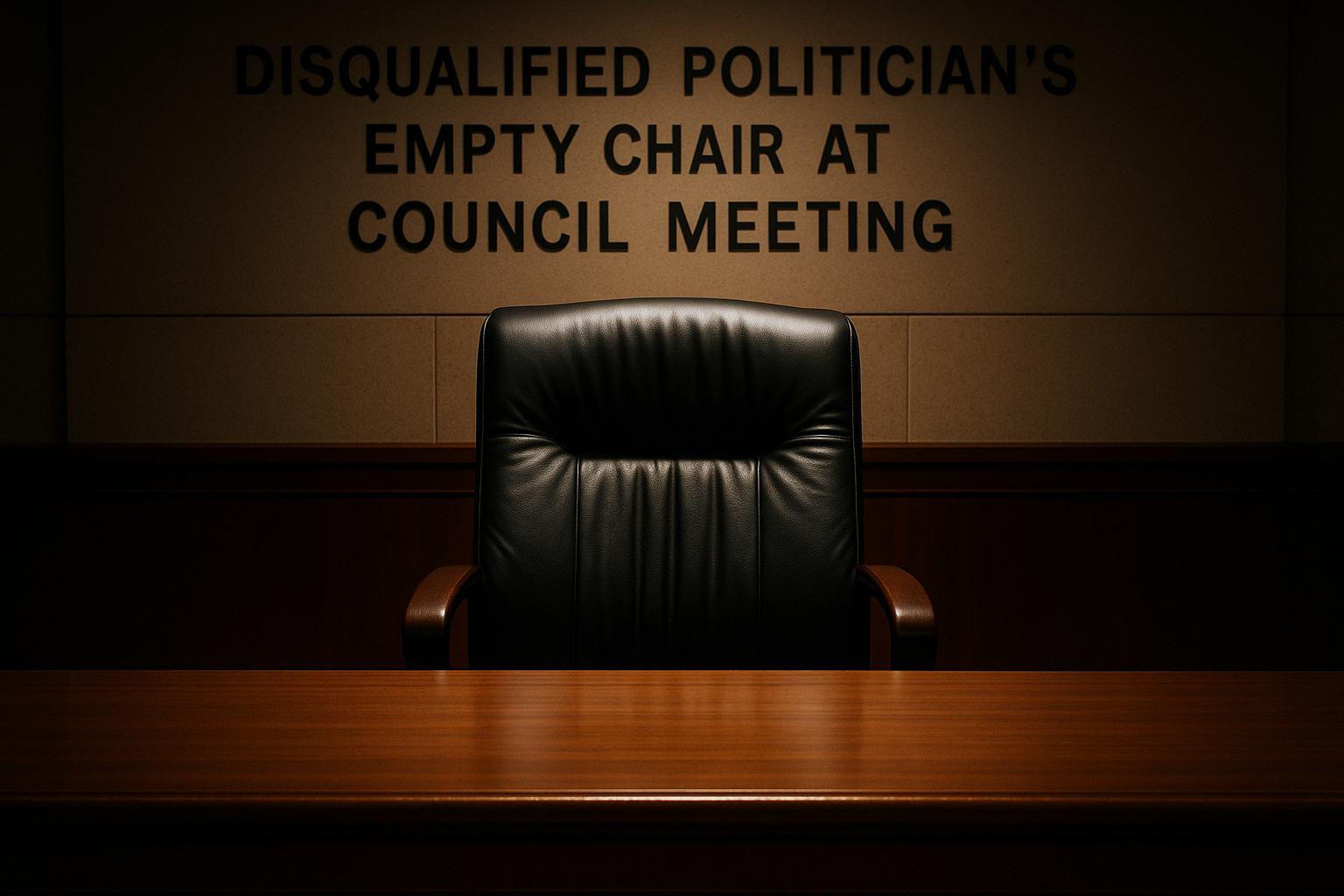A recent development in Barnet has brought into sharper focus the far-reaching and unforeseen consequences of the UK government's decision to impose a 20% VAT on private school fees starting January 2025. Cllr Joshua Conway, a Hendon ward councillor and headteacher of a small independent Jewish school, has been disqualified from his council role because his school is transitioning into the state sector. This move was forced by the financial strain caused by the VAT levy alongside other rising costs, rendering the independent school’s business model unsustainable.
Under the Local Government Act, teachers employed by state-maintained schools are ineligible to serve as elected members of the local authority if the council holds financial responsibility for their school, leading to Cllr Conway’s disqualification. Reflecting on his forced resignation, Conway expressed his sadness: “I love serving both my school and my community. It feels wrong to be forced to choose. This wouldn’t have happened if it weren’t for the Labour government’s envy tax on independent schools.”
Barnet Conservatives have criticised the VAT policy for imposing “real human costs” on public servants like Conway and forcing independent schools to convert or close. Peter Zinkin, the Conservative group leader, labelled the situation as “Labour’s tax raid in action,” highlighting the policy’s impact beyond simple financial measures to include personal and community ramifications.
Barnet Council has confirmed that a by-election will be held to fill the vacated seat, with the election expected on 30 October. The council’s statement underscored the legal basis for Conway’s disqualification linked directly to his employment now being within a state-maintained school.
The VAT on private school fees is part of the Labour government's broader fiscal approach, designed to raise significant revenue—estimated at £460 million in 2024/25 and rising to £1.51 billion by 2025/26, according to the House of Commons Library. However, this policy is also expected to trigger shifts in the education landscape. Around 6% of private school pupils, roughly 37,000 children, are projected to move into the state sector due to the increased cost burden on parents. This influx poses substantial operational and financial challenges for state schools, which must accommodate the additional students.
Parents of pupils at leading independent schools have reacted to the VAT by making substantial advance fee payments; one report notes a jump to £515 million in 2024 compared to £121 million the previous year. While this front-loading tactic could temporarily reduce government VAT receipts, it underscores the broader uncertainty and financial stress the policy is generating within private education circles.
The Institute for Fiscal Studies estimates the VAT could raise an additional £1.7 billion but warns of secondary economic effects, including parents potentially reducing their work hours or retiring early due to the financial strain of higher school fees. Echoing this concern, the Adam Smith Institute cautions that the policy could cost the Treasury between £360 million and £1.81 billion if parental labour market participation decreases because of the school fee VAT.
Independent schools have responded to the VAT by raising fees, with some like Eton College increasing tuition by over 20%, threatening affordability and even the viability of some institutions. The British Federation of Independent Schools Association predicts further closures and an increased burden on state schooling.
The example of Joshua Conway illustrates the tangible human impact that policy decisions can have beyond mere economics—affecting public service, community leadership, and education choices at the local level. As the debate unfolds, Barnet Conservatives continue to urge the government to reconsider and mitigate the unintended consequences of this VAT policy.
📌 Reference Map:
- Paragraph 1–3 – [1]
- Paragraph 4–6 – [1]
- Paragraph 7–9 – [2], [3]
- Paragraph 10–11 – [4]
- Paragraph 12–14 – [5], [6]
- Paragraph 15 – [7]
- Paragraph 16 – [1]
Source: Noah Wire Services
